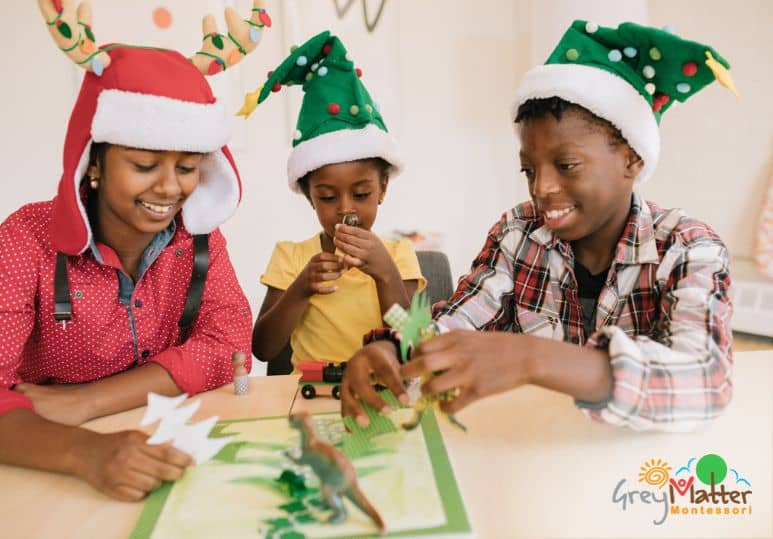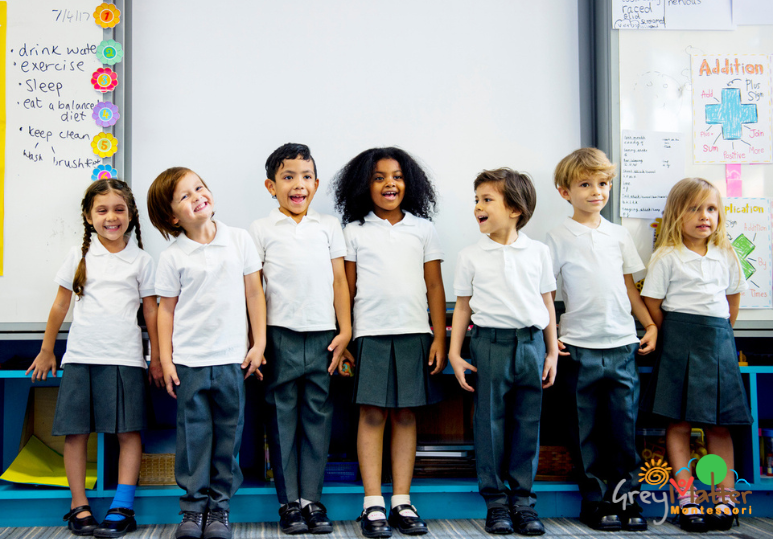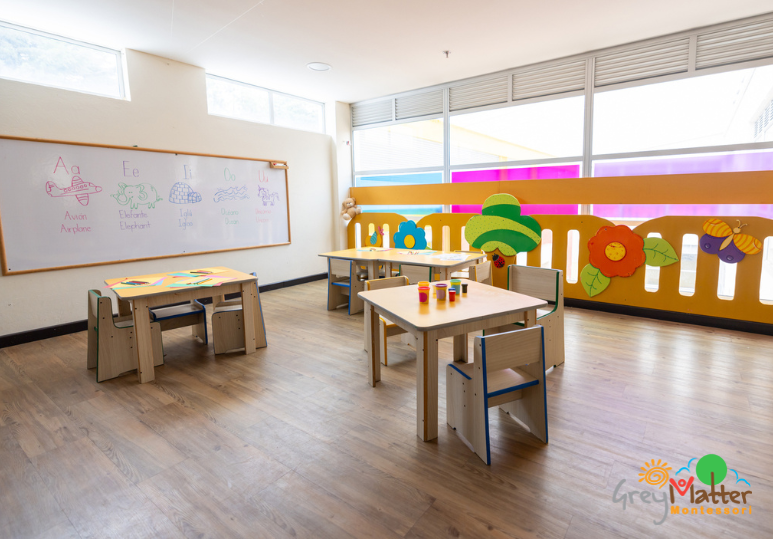January, a month that marks the beginning of a new year, is not only a time for resolutions but also an opportunity to embrace the richness of diverse traditions. In the Montessori environment, where the emphasis is on holistic education and fostering a sense of global citizenship, celebrating various cultural and seasonal traditions becomes a cornerstone of learning. This blog post explores how Montessori kindergartens can weave the tapestry of January festivities into their classrooms, fostering an environment where diversity is not just acknowledged but celebrated.
The Montessori Method and Cultural Inclusivity
At the heart of the Montessori method lies the recognition of each child as a unique individual with distinct learning styles and backgrounds. Maria Montessori's philosophy emphasizes the importance of cultivating a sense of respect and understanding for different cultures. In January, educators in Montessori kindergartens can leverage this approach by incorporating activities that highlight diverse customs and celebrations. From Chinese New Year to Diwali, embracing cultural inclusivity in the classroom not only enhances the children's global awareness but also instills values of respect and curiosity.
Multisensory Learning Through Festive Activities
Montessori education thrives on multisensory experiences, and the celebration of diverse traditions in January offers a splendid opportunity for such activities. From crafting traditional decorations to exploring the tastes of culturally significant foods, the Montessori classroom can transform into a hub of experiential learning. Engaging all the senses not only makes the festivities memorable but also aligns seamlessly with the Montessori philosophy of hands-on, child-led exploration. These festive activities go beyond surface-level awareness, allowing children to deeply connect with and appreciate the customs of their peers.
January as a Gateway to Nature’s Lessons
In many cultures, January signifies the beginning of various seasonal traditions tied to nature. Montessori education places a significant emphasis on connecting children with the natural world. Educators can utilize January's significance as a gateway to nature’s lessons, incorporating activities that align with seasonal changes. From planting seeds indoors to observing wildlife in winter, these experiences not only deepen the children's connection to the environment but also instill an understanding of the interconnectedness of cultures and nature.
Fostering Social Skills Through Celebration
Montessori education places equal importance on academic and social development. Celebrating diverse traditions in January provides a unique avenue for fostering social skills among young learners. Whether it's collaborating on a multicultural art project or sharing stories from their family traditions, children learn to appreciate each other's uniqueness. These shared experiences contribute to the development of empathy, cooperation, and a sense of community—a foundation for the social skills that Montessori education holds in high regard.
As we navigate the tapestry of January traditions in Montessori kindergartens, it becomes evident that the celebration of diversity goes beyond surface-level festivities. It becomes a holistic and immersive experience, enriching the educational journey of each child. The Montessori method, with its emphasis on individualized learning and cultural inclusivity, serves as the perfect framework for weaving together the various threads of January traditions. By embracing the richness of diversity, Montessori educators not only prepare children academically but also nurture compassionate, globally aware individuals ready to navigate the interconnected world around them. In celebrating January traditions, Montessori classrooms become not just places of learning but vibrant hubs of cultural exploration and mutual understanding.
FAQs:
Q: How do Montessori educators incorporate cultural diversity?
A: Montessori classrooms celebrate cultural diversity by integrating global themes, multicultural activities, and exploring traditions throughout the year.
Q: How do Montessori classrooms address social development?
A: Montessori classrooms emphasize social development through collaborative activities, conflict resolution skills, and fostering a sense of community among peers.
Q: How does Montessori education incorporate January traditions into the curriculum?
A: Montessori educators seamlessly integrate January traditions by introducing culturally diverse activities, themed materials, and collaborative projects. These celebrations not only enrich the curriculum but also foster an appreciation for global diversity and traditions.






